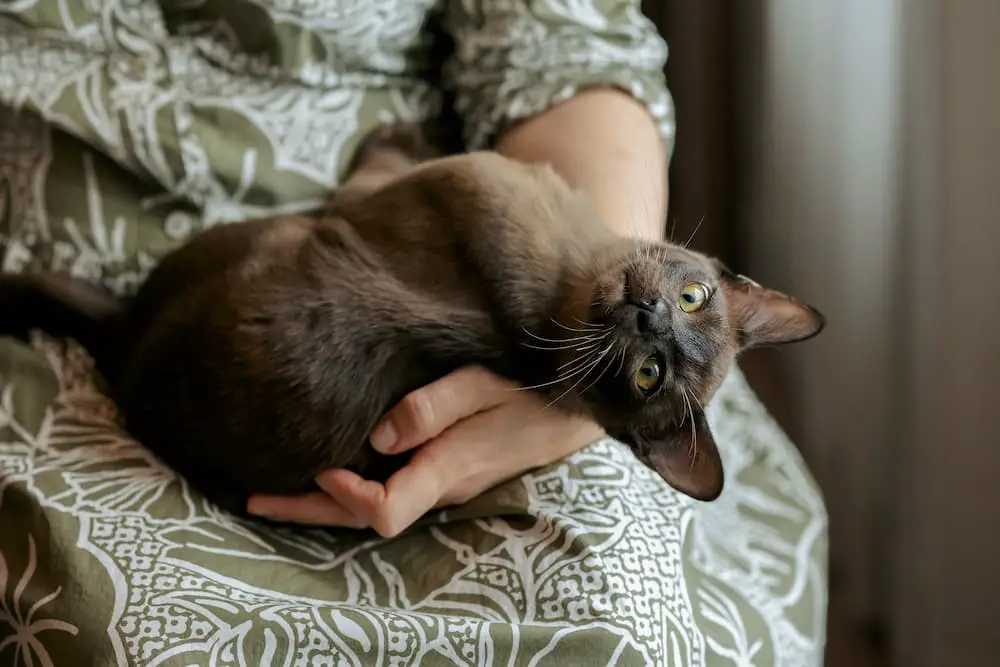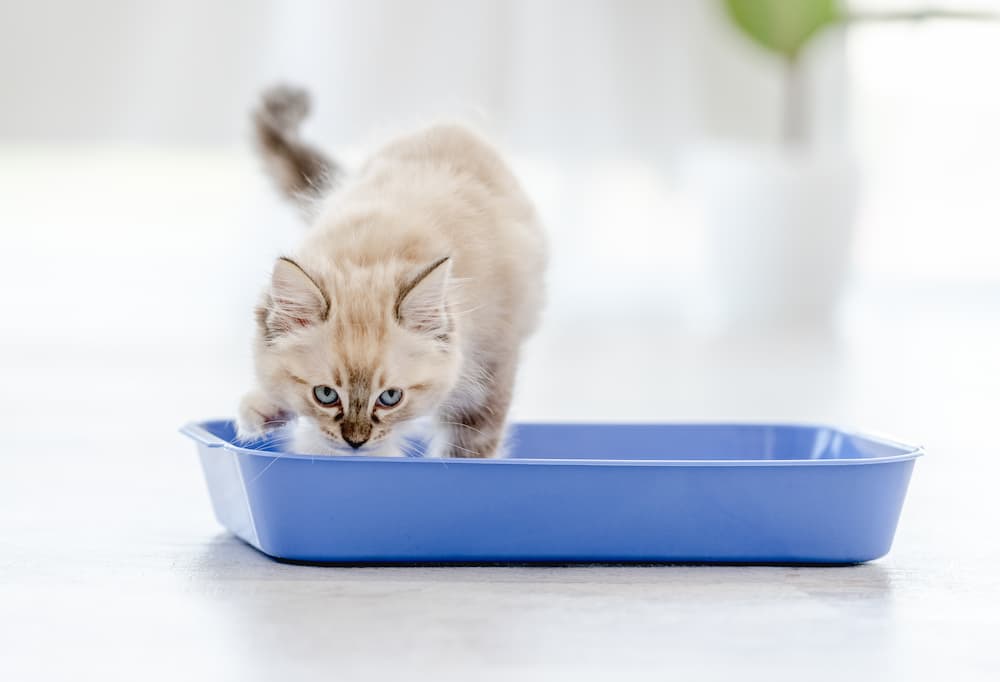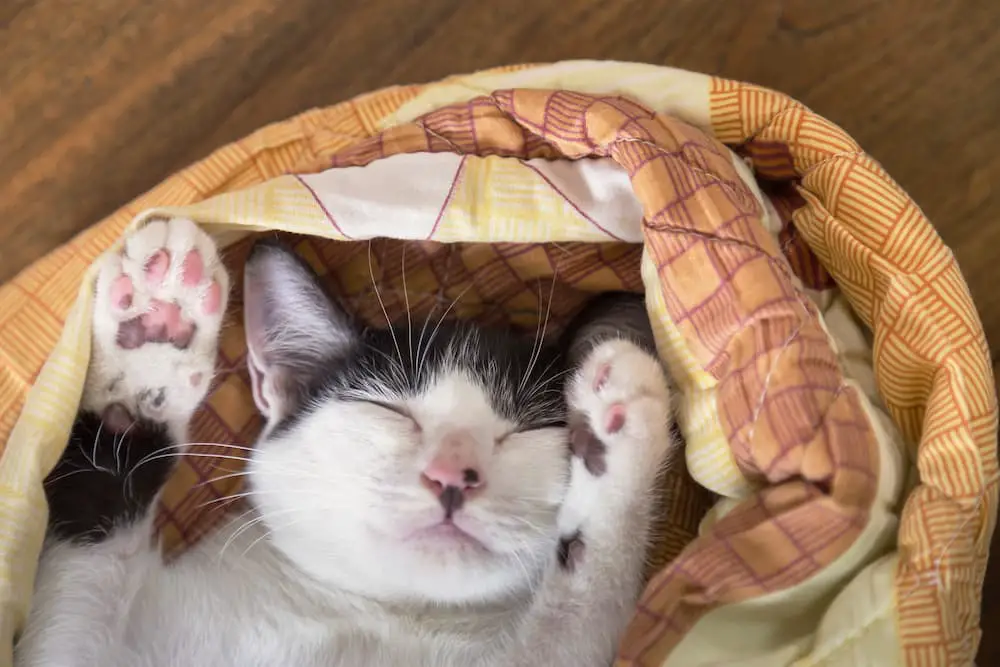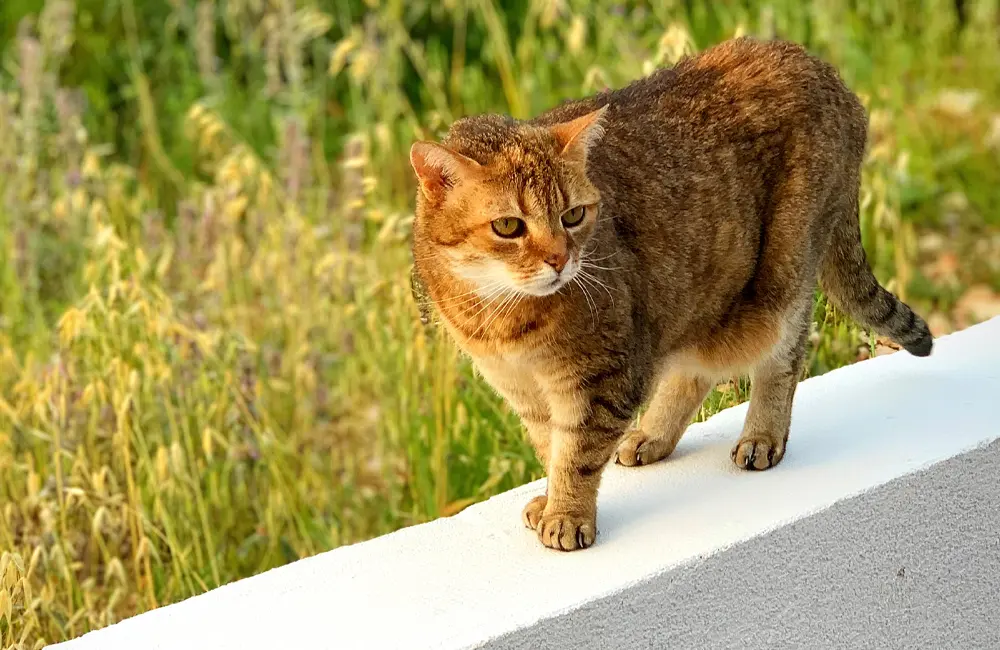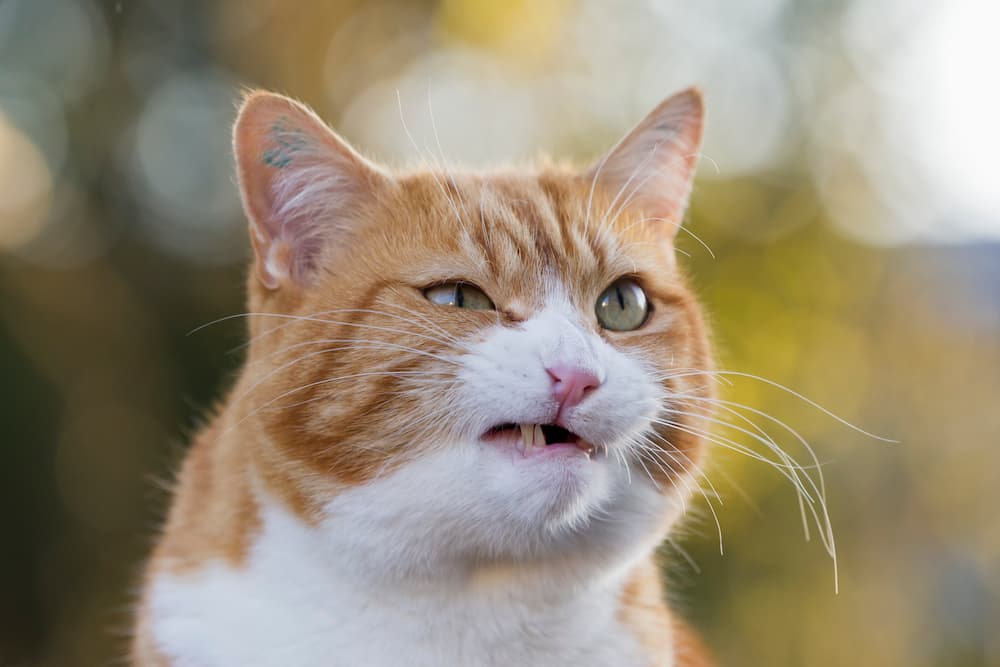
Well this just might “bug” some of you…
With today’s ever-increasing need for finding sustainable food sources for both ourselves and our pets, pet food manufacturers are looking “outside the farm” for alternative proteins. And the topic of insects as food keeps…er, buzzing around. In fact, presently, nearly one-third of the world human population includes insects as part of the daily diet. So, the idea isn’t all that weird – to the rest of the world.
Now, before you “bug out” out, insects are not AAFCO approved as an ingredient in pet food, so they aren’t going to start appearing on the shelf tomorrow. But, that doesn’t mean things aren’t heading in that direction. In fact, late last year a new company, Dockside Pet Products and Services, announced in a press release they were developing a line of baked treats, meal mixers, and meal toppers that contained crickets.
Mark Warren, creator of Dockside said, “Our mission through Dockside is to give pet owners sustainable pet food options without sacrificing quality nutrition and we’re doing that by thinking outside the box with cricket protein and tackling the food waste crisis, specifically targeting fresh food wasted at source.”
(As of press time, these cricket products were still not available for sale.)
Besides the ick-factor, a pretty strong case can be made for using insects in pet food:
- Insects, particularly mealworms, provide protein and omega-3 fatty acids that are comparable to the amounts found in meat and fish.
- Insect farming is much more efficient and sustainable than traditional animal farming.
- Insect farming requires far less land use than livestock.
- Biodiversity and environmental flexibility makes insect farming much less restrictive than raising livestock.
- There is very little public concern over the treatment of insects in farming.
- Zoonotic disease potential is unlikely with insect farming.
- Feeding insects to pets is not new, reptile and bird owners have always done it.
- Insects would be a novel, non-allergenic protein for pets.
All that being said, pets are considered part of the family, and that means pet owners want and expect to feed their pets foods similar to the types of food products they eat themselves …and mealworms are generally not on the menu! Also, a strong case can be made that bugs are not part of a cat or dog’s natural diet and therefore shouldn’t be fed. (But then, the same case could be made for many of the unpronounceable ingredients in today’s pet food…just saying). On the other hand, we’ve all seen our cats swat a “sky raisin” out of the air and swallow it, and dogs will eat just about anything (and some things more disgusting than a bug!).

Still feeling squeamish about bugs in Fluffy’s food? Well, don’t be too surprised if you see a bag of cricket and potato kibble next to your lamb and rice in the near future when you’re strolling the aisle at your pet store.
Bühler, a pet food and feed industry supplier, and Protix, an insect production company, have founded Bühler Insect Technology Solutions, which will develop industrial solutions for the rearing and processing of insects for livestock, human, and pet food. Bühler Insect Technology Solutions is located in China and has already begun operations.
The same company is building a plant in the Netherlands that’s expected to be operational in early 2018. It’s focus will be on processing black soldier flies for pet food.

Again, in the United States bugs aren’t approved for use in pet food. The Association of American Feed Control Officials (AAFCO) members decided that new AAFCO definitions would be needed for each insect and type of insect-based ingredient. Additionally, the definitions would need to consider the species to which the insect-based ingredient would be fed, such as dog, cat, or fish… To date, only one insect, black soldier fly larvae (AAFCO #T60.117) has been defined by AAFCO, and that is only approved to use in salmon farming.

